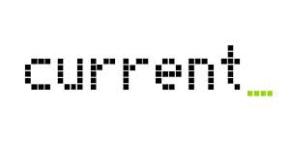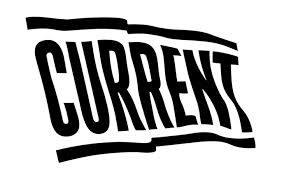Sad to see you go:
So long; Sayonara….
Founded some 7 years ago, by then vice president Al Gore, on August 1st, 2005 — to date, Current Tv was the worlds largest leading peer–to–peer user news and information channel; it was the only 24/7 cable/satellite television/broadband news network programmed and, produced with collaborative efforts featuring viewer created content, vanguard journalism from all across the nation and world wide in–so–far….
“With the launch of Current.com, the first fully integrated web and tv platform, users [could] participate in shaping an ongoing stream of news and information that [was] compelling, authentic, and relevant to them.” —http://www.current.com/
Current Tv is virtually responsible for developing the industries top model with the ground–breaking concept of viewer created content or, (VC2’s). This content made for roughly one–third of all current’s on–air broadcasting schedule. These submissions were transmitted via short form, non–fiction video “pods.” Viewers Created Ad Messages, called (VCAM’s). In contests, they created commercials for sponsors in support of the station. Winners received 2k-60k depending where it aired. Continue reading


